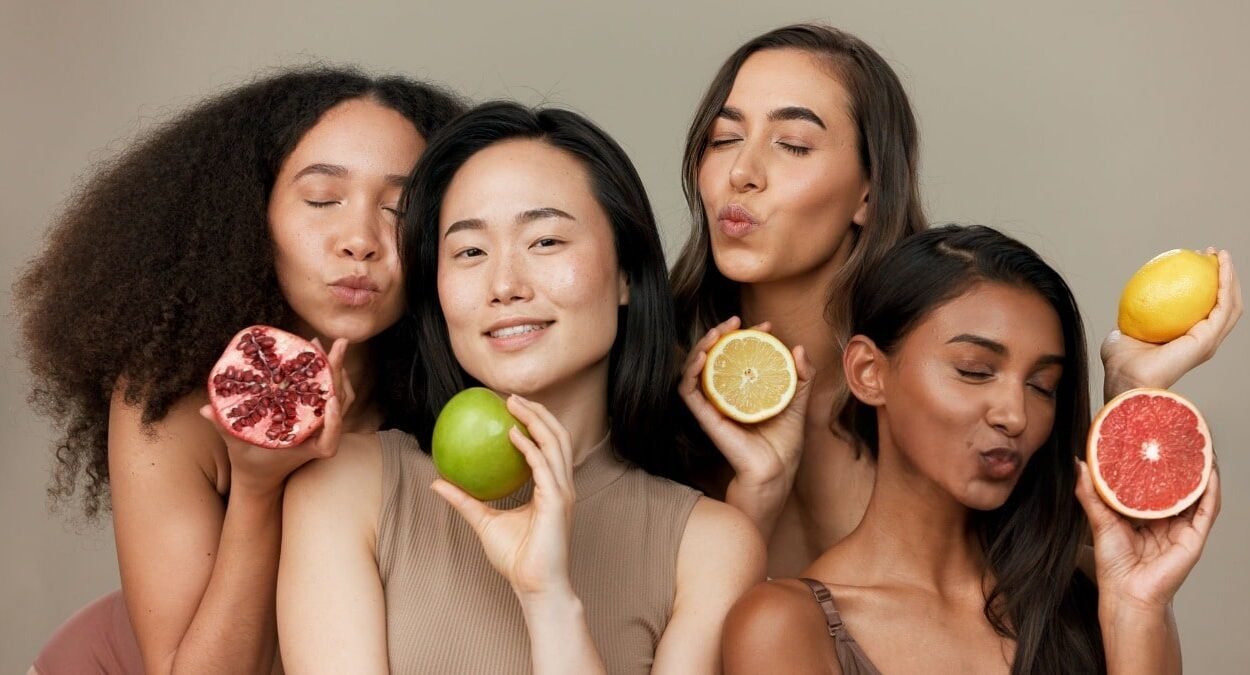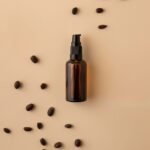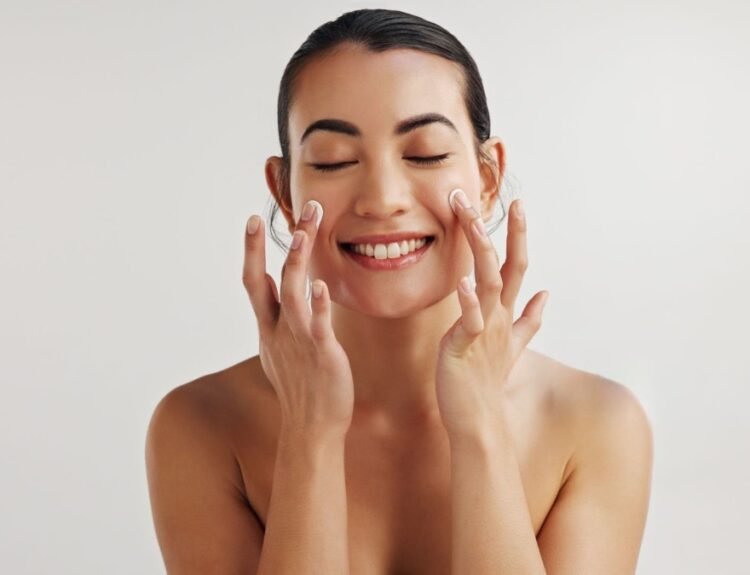Your skin is constantly exposed to stress from the sun’s UV rays to pollution, lifestyle habits, and even emotional stress. Over time, these factors create unstable molecules called free radicals, which break down collagen, weaken the skin barrier, and speed up visible aging.
Antioxidants are nature’s defense system against this process. They neutralize free radicals before they can cause harm, helping the skin maintain its firmness, glow, and youthful elasticity. Whether applied topically or consumed through diet, antioxidants can transform your skin health from the inside out.
Understanding Antioxidants and Their Skin Benefits
What Are Antioxidants?
Antioxidants are compounds — naturally occurring or synthetic — that help prevent or slow cell damage caused by free radicals. In skincare, they play a critical role in protecting skin cells, boosting repair, and improving resilience against environmental aggressors.
How Free Radicals Damage Skin
Free radicals are unstable molecules produced when your skin is exposed to factors like:
- UV radiation
- Pollution and toxins
- Smoking
- Poor diet
- Stress
These molecules damage DNA, proteins, and cell membranes, leading to wrinkles, hyperpigmentation, dullness, and loss of elasticity.
Skin Benefits of Antioxidants
- Reduces fine lines and wrinkles by protecting collagen and elastin fibers.
- Brightens complexion by preventing oxidative damage that causes dullness.
- Improves hydration by strengthening the skin barrier.
- Soothes inflammation and redness.
- Speeds healing after sun exposure or irritation.
Types of Antioxidants for Youthful Skin
Vitamin C
Known as ascorbic acid, Vitamin C is one of the most researched antioxidants in skincare. It helps:
- Stimulate collagen production for firmer skin.
- Fade dark spots and even skin tone.
- Protect against sun damage when used with sunscreen.
For best results, choose stabilized Vitamin C serums in air-tight packaging and apply them in the morning.
Vitamin E
Vitamin E is a fat-soluble antioxidant that:
- Protects cell membranes from oxidative damage.
- Moisturizes deeply and strengthens the skin barrier.
- Works synergistically with Vitamin C for enhanced photoprotection.
It’s commonly found in facial oils, creams, and healing ointments.
Coenzyme Q10 (CoQ10)
CoQ10 is naturally present in skin cells but declines with age. Topical CoQ10:
- Energizes skin cells to repair and regenerate.
- Reduces wrinkle depth.
- Improves firmness and elasticity.
Polyphenols (Green Tea, Grape Seed Extract)
Polyphenols are plant-based antioxidants with powerful anti-inflammatory properties:
- Green tea extract reduces redness and swelling.
- Grape seed extract helps tighten skin and protect against UV-induced damage.
Retinoids (Vitamin A)
Retinoids and their gentler cousin, retinol, are potent antioxidants that:
- Increase cell turnover.
- Stimulate new collagen formation.
- Smooth out fine lines and fade pigmentation.
Best used at night due to their sensitivity to sunlight.
Best Sources of Antioxidants for Skin Health
Topical Skincare Products
Topical application delivers antioxidants directly to your skin cells. Look for:
- Serums – high concentration, fast absorption.
- Creams and lotions – ideal for dry or mature skin.
- Oils – vitamin-rich, nourishing, and protective.
Pro Tip: Choose products with opaque, air-tight packaging to prevent oxidation.
Diet and Nutrition
A diet rich in antioxidants nourishes skin from within:
- Fruits: Berries, oranges, kiwi, and papaya (Vitamin C).
- Vegetables: Spinach, kale, and broccoli (Vitamin E, beta-carotene).
- Nuts and seeds: Almonds, sunflower seeds (Vitamin E).
- Beverages: Green tea, matcha, herbal infusions (polyphenols).
A balanced diet ensures long-term skin health and complements topical care.
How to Incorporate Antioxidants into Your Skincare Routine
Morning Routine
- Start with a gentle cleanser.
- Apply a Vitamin C serum to protect against environmental stressors.
- Follow with moisturizer and broad-spectrum sunscreen — the ultimate anti-aging combo.
Night Routine
- Cleanse away makeup and impurities.
- Apply antioxidant-rich serums like CoQ10, resveratrol, or retinol.
- Lock in with a nourishing night cream.
Pairing Antioxidants for Maximum Benefits
Some antioxidants work better together:
- Vitamin C + Vitamin E – enhanced photoprotection.
- Green tea + Niacinamide – anti-inflammatory and brightening effects.
- Retinol + CoQ10 – boosts repair and regeneration.
Common Myths About Antioxidants in Skincare
Myth 1: Antioxidants Can Replace Sunscreen
While antioxidants help reduce sun-induced damage, they do not block UV rays. Sunscreen remains essential.
Myth 2: More Antioxidants Mean Better Results
High concentrations can irritate skin. The key is the right type and stability, not just quantity.
Myth 3: Only Expensive Products Work
Many affordable skincare products and natural sources provide excellent antioxidant benefits.
Tips for Maximizing Antioxidant Benefits
- Store correctly: Keep products in cool, dark places to prevent breakdown.
- Watch expiration dates: Oxidized antioxidants lose potency.
- Avoid harmful combinations: For example, avoid layering Vitamin C with benzoyl peroxide, which can reduce its effectiveness.
- Be consistent: Antioxidants work best with regular, long-term use.
Final Thoughts
Antioxidants aren’t just another beauty trend — they’re a proven science-backed approach to keeping your skin youthful, radiant, and healthy. From boosting collagen to shielding against pollution and UV damage, they’re your skin’s first line of defense against premature aging.
Incorporating both topical and dietary antioxidants into your routine is the smartest way to maintain your skin’s vitality for years to come. The earlier you start, the more you can slow down the visible signs of time.
Frequently Asked Questions (FAQs)
Which antioxidant is best for anti-aging?
Vitamin C is one of the most effective for reducing wrinkles and improving brightness, but combining it with Vitamin E offers even better results.
Can I use multiple antioxidants at once?
Yes, but follow recommended concentrations and layering rules to avoid irritation.
Are natural sources better than synthetic ones?
Both can be effective — what matters most is stability, formulation, and absorption.
How long before I see results from antioxidant skincare?
Most people notice improvements within 4–12 weeks with consistent use.
Can antioxidants help with acne scars?
Yes, antioxidants like Vitamin C and retinoids can fade post-acne marks and improve skin texture.








